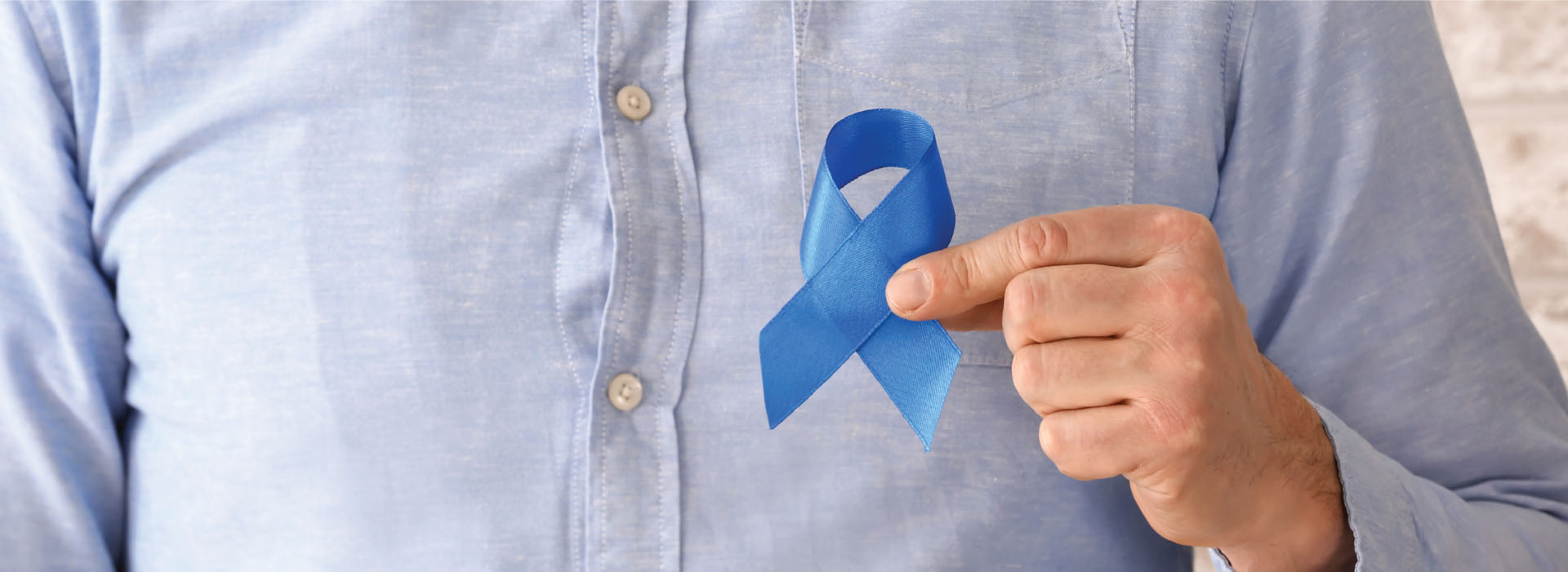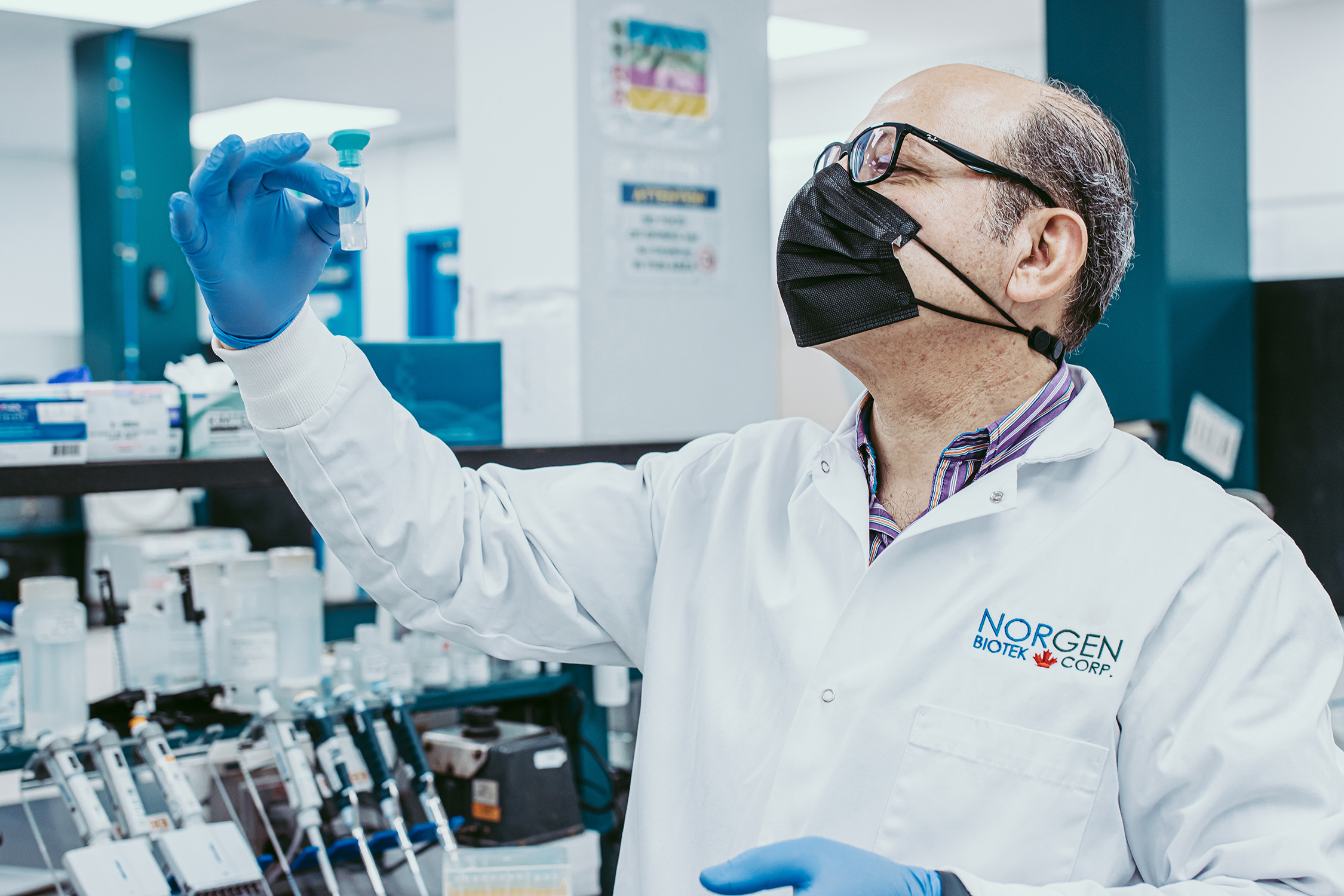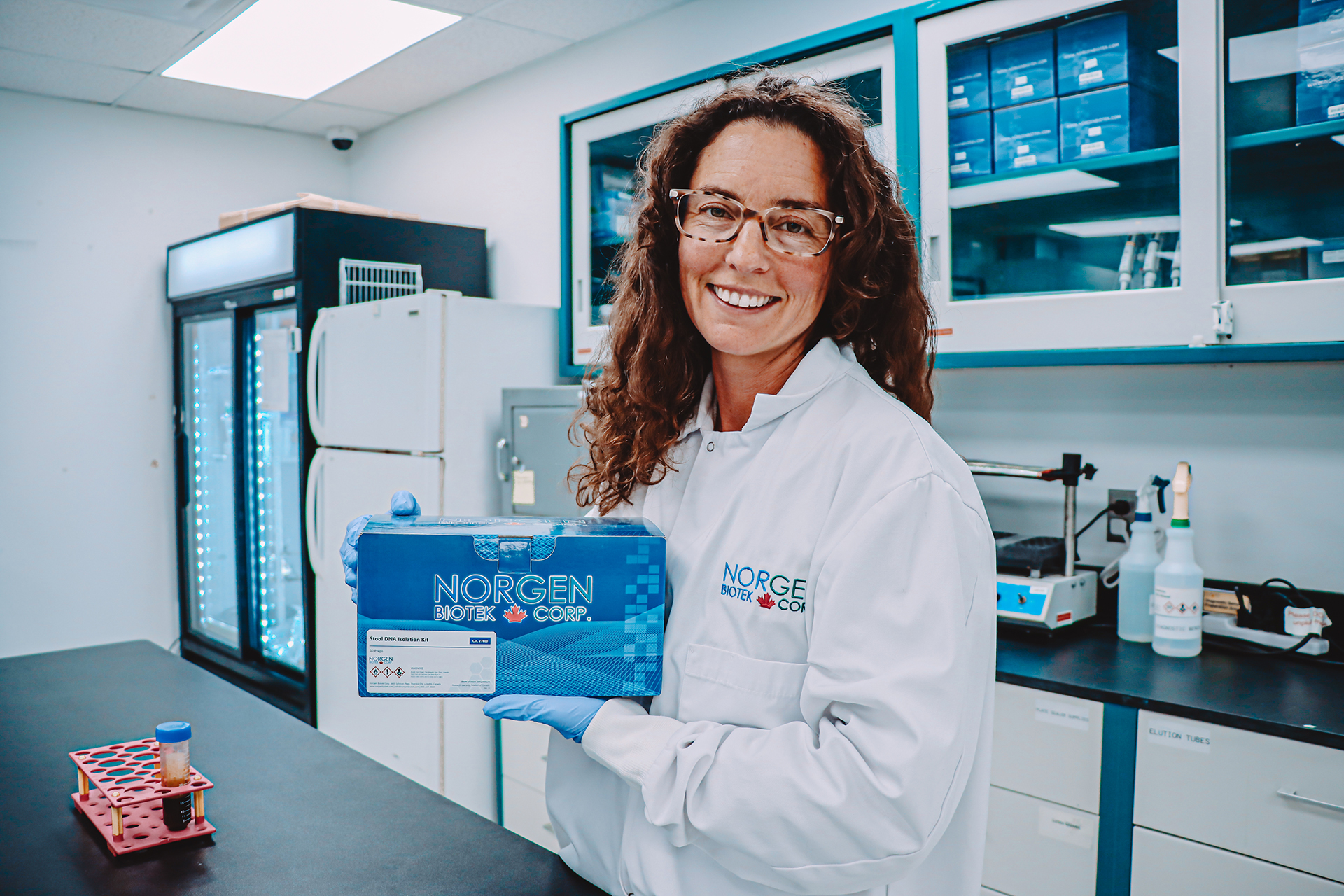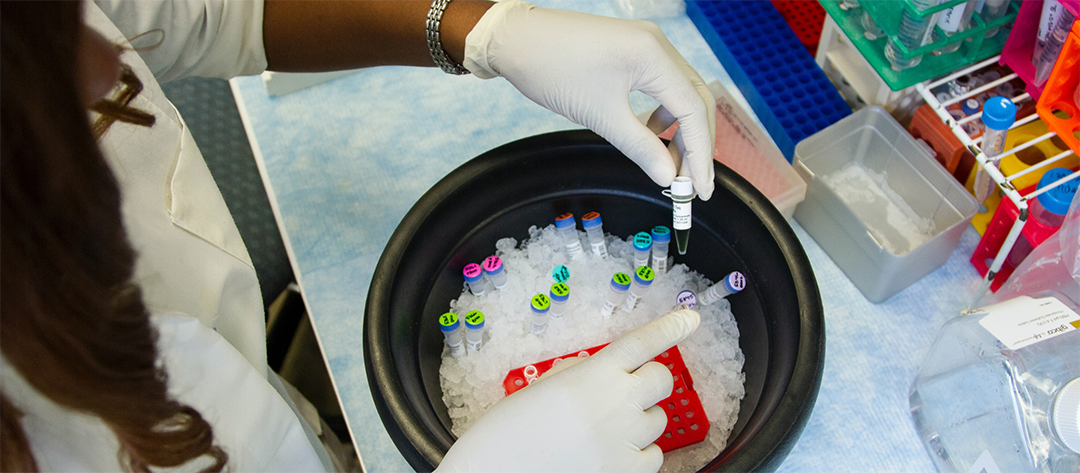Over the past few years, there has been a lot of talk and numerous studies published surrounding the relationship between the gut microbiota and overall human health. Recently, studies have shown an a
Cancer is a term for a group of heterogeneous diseases in which cells grow uncontrollably and can eventually spread throughout the body. Traditional first-line treatment of cancer includes localized t
Irritable Bowel Syndrome (IBS) is a gastrointestinal disorder that is defined by problems with motility (how GI muscles move food through the digestive system),
and sensitivity (how the br
Colorectal Cancer (CRC), or bowel cancer, which includes colon cancer and rectal cancer, is a disease in which the cells of the colon, or rectum, grow and divide uncontrollably.
The colon
This month, we’re focusing on four recent articles that made use of Norgen’s technology to explore different aspects of nutrition. The first two papers investigate the effect of nutritional intervent
Humans have been concerned with oral disease for millennia. Recent research on ancient teeth from a hunter-gatherer society reveals tooth decay from over 13,000 years ago, much before our carboh
As researchers and clinicians delve into the gut with a multi-omics approach, multiple aspects of the gut microbiome are considered. For example, the microbial genome, transcriptome, and metabolites f
Containing trillions of microorganisms such as bacteria, viruses, and fungi,
the gut microbiome contains the largest population of microbes in the human
body.1 Governing such a vast communit
With the advent of microbiome studies, stool sample collection and
preservation have been highlighted as key steps in ensuring microbiome
authenticity. Freezing at -80°C has been wi








